Closing Funding Gaps Stalling Nigeria’s Aviation Sector – Excerpts from LAAC 29th Conference Communique
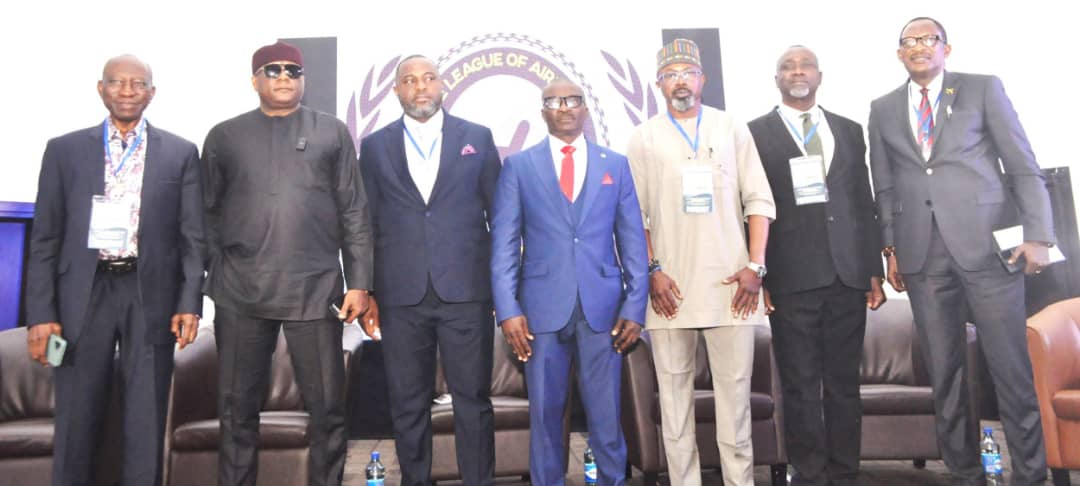
For a sector long described as the lifeblood of global trade and mobility, Nigeria’s air transport industry remains both an essential enabler of economic growth and a stubborn underachiever.
At the 29th Annual Conference of the League of Airport and Aviation Correspondents (LAAC), held Thursday, 7th August 2025 at Providence Hotel in Lagos amidst an atmosphere charged with urgency and cautious optimism, policymakers, regulators, operators, financiers, and industry experts converged to dissect a burning issue that has defined Nigeria’s aviation narrative for decades.
With the theme of the conference – centred on aviation financing, its risks, opportunities, and prospects – the stakeholders opened a window into why the country’s airlines, airports, and allied services continue to struggle despite vast potential.
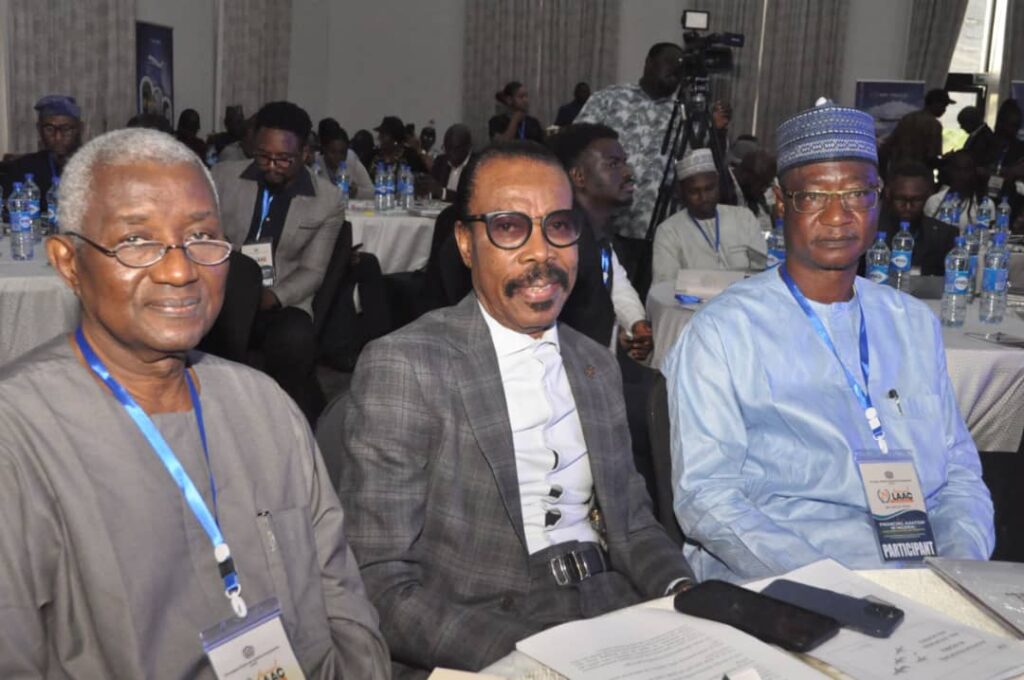
The Financing Gap
The panel discussion drew attention to a central paradox: while aviation is capital-intensive and requires significant upfront investment in infrastructure, aircraft, maintenance, and safety systems, Nigerian operators remain starved of affordable funding.
Strict collateral requirements, exorbitant interest rates, and the global perception of Nigeria as a high-risk market have combined to cripple expansion plans and, in some cases, push carriers into collapse.
Delegates recalled that no fewer than 14 Nigerian airlines have folded in recent years, casualties of a system in which access to finance remains a privilege rather than a right. “Until these hurdles are cleared,” one speaker warned, “growth will remain elusive, and Nigeria’s dream of becoming a true aviation hub will be postponed indefinitely.”
Bold Proposals: An Aviation Development Bank
Perhaps the most striking proposal was the call for the creation of an Aviation Development Bank – a dedicated financial institution that would understand the peculiarities of the industry and design products tailored to its needs.
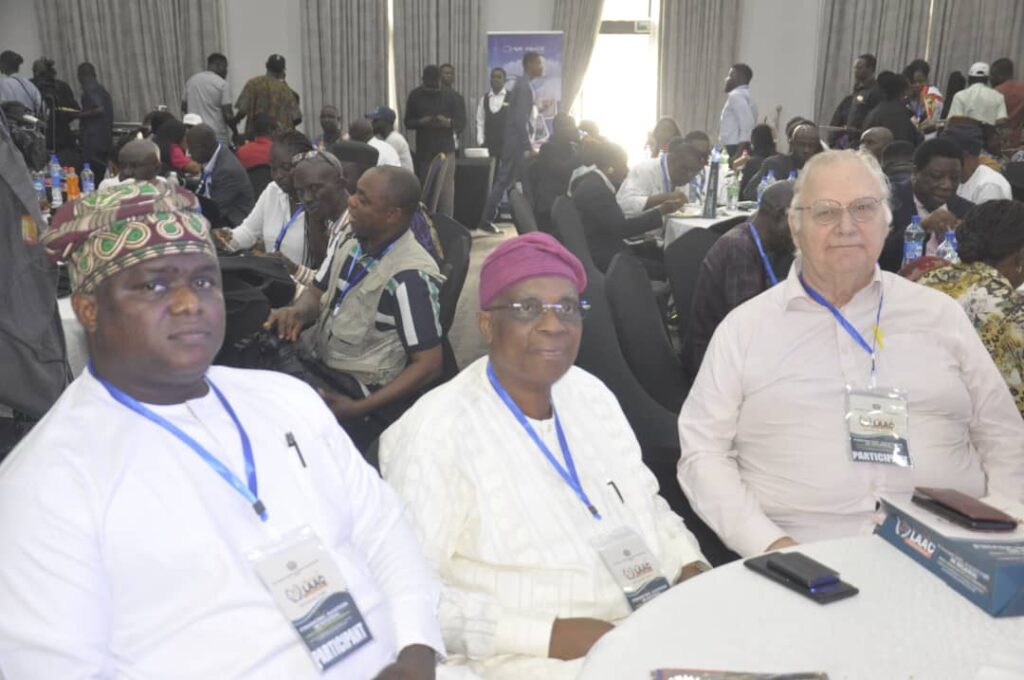
Stakeholders argued that with infrastructure costs soaring and global competition stiffening, such an institution could become the catalyst for transformation, much as sector-specific banks have done in agriculture and industry.
Alongside this, discussions explored the promise of export credit financing, sovereign guarantees, leasing structures, and even green financing as alternatives to traditional bank loans.
Sovereign-backed instruments, in particular, were seen as tools that could reassure foreign investors and reduce the perception of risk.
Policy, Partnerships, and Investor Confidence
If finance is one leg of the equation, policy consistency is the other. Several speakers cautioned against the historic “policy flip-flops” that have eroded investor trust. A stable and transparent regulatory environment, they argued, is critical if Nigeria is to attract long-term aviation capital.
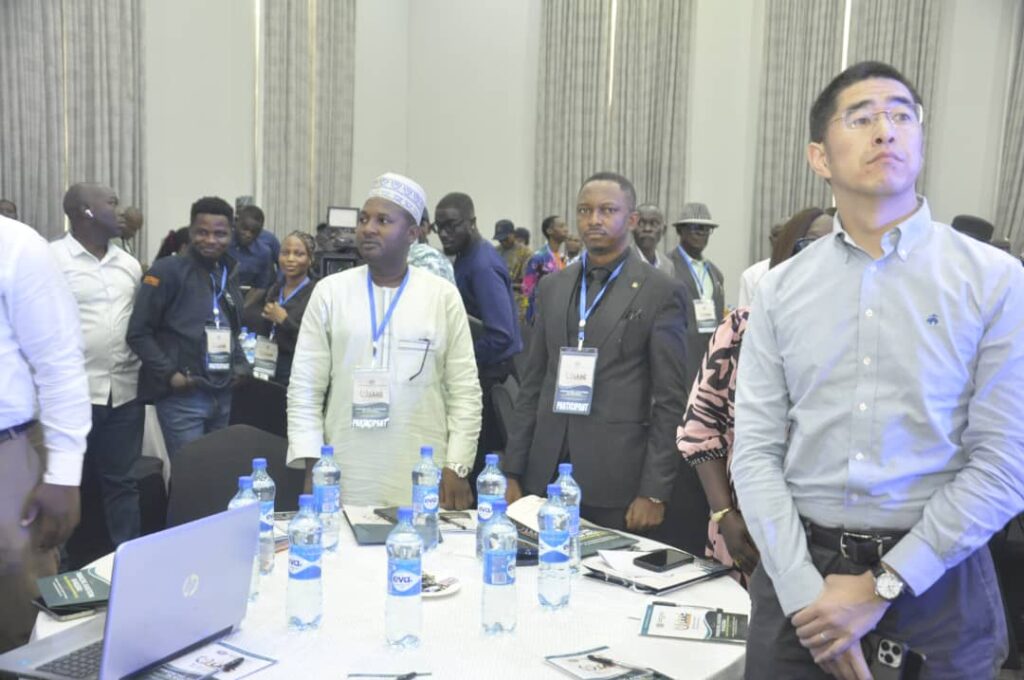
Public-private partnerships (PPP) featured prominently in the conversation. Given the sheer scale of investment required for modern airports, aircraft fleets, and Maintenance, Repair and Overhaul (MRO) facilities, stakeholders agreed that the government cannot – and should not – shoulder the responsibility alone. The emphasis, instead, was on creating frameworks where private capital can flow with confidence.
The Missing Ingredient: Collaboration Among Carriers
A recurring lament was the lack of cooperation among Nigeria’s indigenous carriers. Rather than pooling resources through alliances, code-sharing, or mergers, many airlines continue to operate in silos, leaving them vulnerable to financial shocks. This fragmentation, participants observed, has robbed the industry of economies of scale and weakened its ability to compete regionally.
“Without at least three strong home-grown carriers driving a national hub, Nigeria will remain dependent on foreign airlines,” one panellist cautioned. The call was clear: consolidation is not optional – it is imperative.
The Insurance Premium Puzzle
Another thorny issue was the punishing cost of insurance. The conference heard that insuring a single Nigerian aircraft often costs the equivalent of insuring seven aircraft elsewhere, a penalty imposed by global perceptions of insecurity and instability.
While participants applauded recent government efforts to rebuild trust with lessors and insurers, they insisted more must be done to shed the stigma that inflates costs for Nigerian operators.
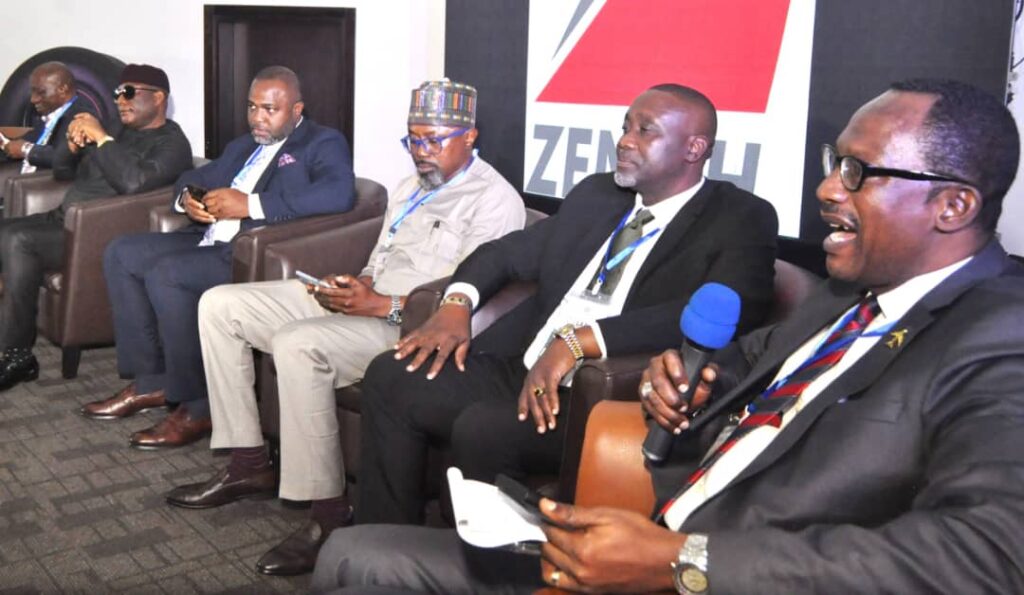
A Roadmap for Renewal
The communiqué issued at the close of the conference outlined a series of concrete steps:
Establish an aviation finance bank to ease access to sector-specific funding.
Create competitive hubs in Lagos and Abuja, particularly a transit hub at Murtala Muhammed International Airport (MMIA).
Pursue PPP models for airport concession and development.
Expand access to foreign exchange for airlines through the CBN and BOI.
Enforce financial discipline among operators to boost lender confidence.
Develop MRO facilities locally to cut costs and reduce capital flight.
Harmonise aviation data into a central bank for planning and investment.
Encourage mergers, alliances, and global partnerships to spread risk.
A Sector at the Brink of Transformation
The conversations at LAAC 29 underscored one reality: aviation is too critical to Nigeria’s economy to be left at the mercy of fragmented policies, inconsistent financing, and weak collaboration.
With the right financing structures, the right partnerships, and the right policies, stakeholders believe Nigeria can build an aviation sector that rivals global benchmarks.
For now, the vision is clear, but the execution will require political will, industry discipline, and above all, trust – trust between operators and financiers, between regulators and investors, and between government and the flying public.
The stakes, delegates agreed, could not be higher.







